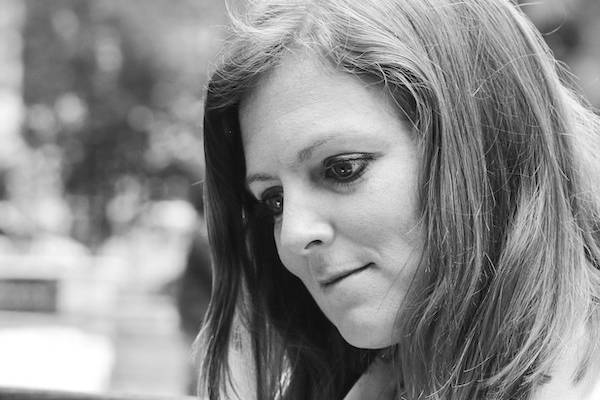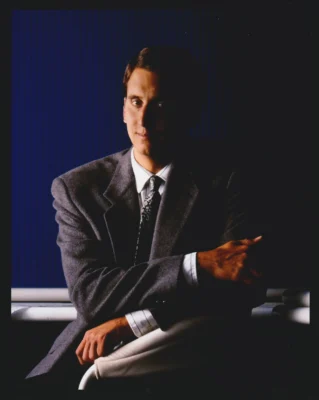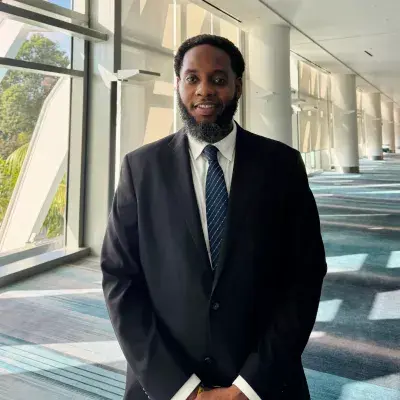Career coaching and wellbeing advocate Laura Capell-Abra founded Stress Matters in 2017 to support workplace wellbeing in the creative industries. Stress Matters now works with companies of all sizes, supporting them on their mental health first aid training, their wellbeing planning and stress management of their teams.
Laura explored mental health and wellness in the workplace during her talk at IBTM World Barcelona, which took place November 30 – December 2. IBTM asked Laura for her tips on reducing stress and supporting the mental health of colleagues and delegates in the events industry.
How do you think the pandemic affected the mental health of events industry professionals?
In so many ways! That isn’t to say that the events industry has been more severely hit than any other industry, but those working in this industry have been subject to a wide variety of challenges.
As an industry, we attract very passionate people who see their role in events as very much part of their identity. When that is taken away, that lack of purpose can have an impact on someone’s sense of control and confidence. Working in the events industry requires a large amount of communication and social contact; it’s an industry where many extroverts thrive, and this has been personally hard for those who have missed the social side of the industry.
Then there are those who have had to deal with redundancies, whether those making people redundant or those being made redundant, there are impacts both ways.
Loss of earnings and financial security has been a big challenge with a very varied response to financial support across the industry globally. Many people went into survival mode and unwittingly pushed themselves to burnout to ensure they had a business or a job on the other side. We know from our recent survey that 13 percent of respondents have had to take time off due to mental health issues in the first three months of the year.
Do you think the pandemic has brought about any positive changes that have led to better mental health outcomes?
It’s not all been doom and gloom; many people have been able to re-balance their previously hectic lives and bring perspective into their priorities, allowing for a more controlled re-set as the industry comes out of its enforced hibernation.
We also know that awareness of mental health has dramatically increased (77 percent of respondents referenced an increase) since the start of the pandemic. While that might be because someone has experienced poor mental health at some point, the awareness will support quicker recoveries and preventative measures being put in place.
What can events professionals do to protect their own wellbeing and mental health and that of their employees amid increasing demands to work harder than ever?
The demand to work hard has always been there, but I think the demand now is to work smarter, and often with fewer resources. The more we feel like we are having to frantically catch up with an ever growing to do list, the more it will feel overwhelming, so taking a steady pace and focusing on individual tasks can make for a much more productive and less stressful day.
Become educated about the signs and symptoms of poor mental health and listen to your own body. Learn what stress feels, looks and sounds like for you, articulate what it is that is causing the stress and give yourself time to look at how this stress can be reduced.
We run an online course called ‘managing mental health and stress for eventprofs’ that talks through the different stages of an event and the different pressures people might experience in each part. Mental health training (as outlined below) is also a great tool to increase awareness and develop supportive strategies.
How can we incorporate more wellbeing into the events we organize?
We have some free checklists on our website for people to download, but in essence the first thing is to put it in the planning agenda. Make it part of all risk assessments, as the simple act of putting mental safety into the risk assessment means that we have to articulate the risks and then look to reduce or mitigate them.
Wellbeing itself covers an area wider that just mental health and includes physical, emotional and spiritual health, meaning we need to consider the level of sleep, nutrition, hydration, movement, connection, rhythm and even rest practices within our events. There is a lot to consider, but as a bare minimum we recommend organizers train some Mental Health First Aiders to support with recognizing the signs and symptoms of ill mental health in the team and attendees. Having a reset room where people can take a moment to pause and reset if they’re feeling anxious or stressed is also a good idea.
Don’t forget to consider the mental safety of crew as well as visitors. You can’t be a supportive organizer if you don’t look after everyone.
What advice would you give to someone entering the world of events organization now?
We work with new entrants into the industry a lot. Many of them are also new to the world of work and the two areas I always find they need to focus on are their understanding of what being proactive means and time management.
Being in control, or feeling in control, gives many people the confidence they need to create boundaries in a healthy and justified way. A team member that can plan when tasks need to be completed, can also then plan in time for rest, breaks and time for things to be completed before they become urgent.
In terms of advice outside of mental health and wellbeing, network, network, network!






























